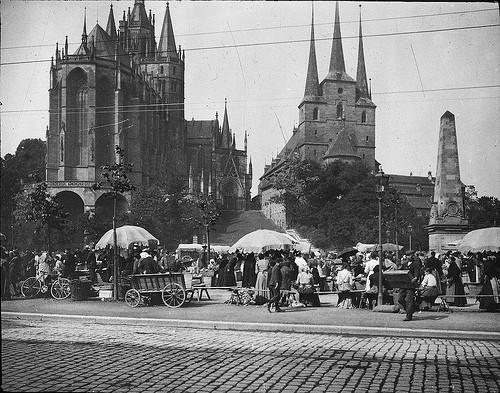A year ago, Sofia Porcarelli, a student at Occidental College, approached me because she was making a documentary movie about the far right in Germany. That’s way more interesting than a plain old thesis, right? Right. So I was very happy to be interviewed as one of her sources.
Today, I’m even happier to report that Sofia has shared the final product on youtube. Very chuffed, obviously.




